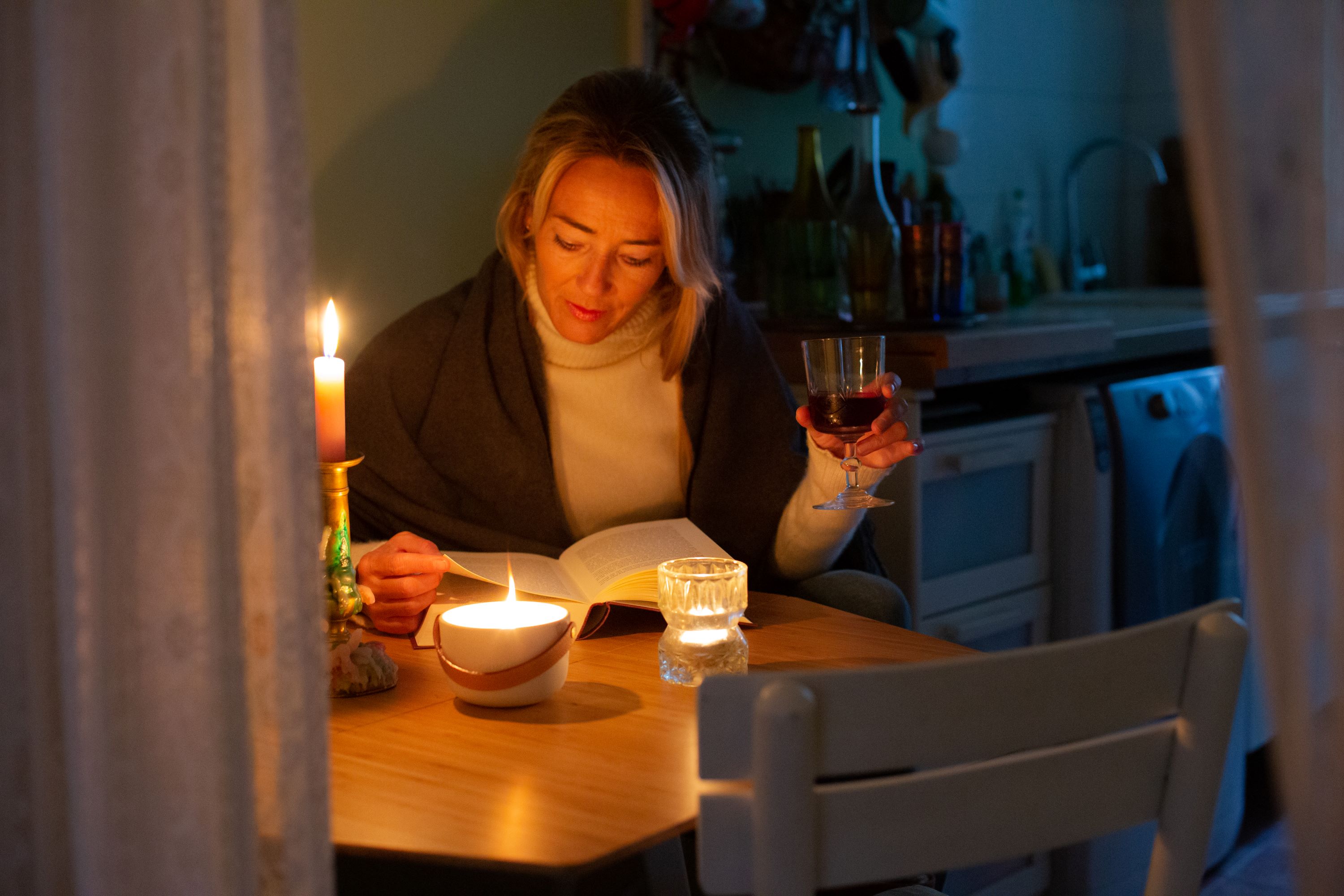Demand Flexibility Service: How to get paid for switching off your electric
By turning your power off during peak hours when the scheme is running, the National Grid will pay you up to £3 per kWh saved if signed up to the Demand Flexibility Service

Bring your dream home to life with expert advice, how to guides and design inspiration. Sign up for our newsletter and get two free tickets to a Homebuilding & Renovating Show near you.
You are now subscribed
Your newsletter sign-up was successful
When the National Grid's Demand Flexibility Service is rolled out, householders can get paid for limiting their power usage between peak hours.
Those signed up could potentially pocket up to £3 per kWh for turning off their electricity, or reducing their power consumption during these times. This figure may vary depending on your energy supplier.
The National Grid announced the Demand Flexibility Service at the end of 2022 with the view to launch on 1 November 2022 but delayed its rollout. It appears from comments by the National Grid that this was due to the scheme only being "activated" in times of need.
Here's everything you need to know to start getting money for cutting your electricity usage when the scheme is activated as well as how to sign up for the scheme to get paid for reducing your electricity consumption in the future.
How do I sign up to the Demand Flexibility Service?
The Demand Flexibility Services has only been launched a handful of times since it was introduced in 2022. When it is activated, those who have already signed up will receive an email from their energy provider explaining that the scheme will be in place on a specific date for those who cut their electric use during specific hours.
Householders who have yet to sign up will only be able to do so if they have a smart meter. Those who have a smart meter can sign up through their energy supplier's website as long as their energy provider is taking part in the scheme. A list of the energy providers taking part can be found here on the National Grid's website.
Here are a few links to sign up through some popular energy suppliers who are taking part in the scheme:
Bring your dream home to life with expert advice, how to guides and design inspiration. Sign up for our newsletter and get two free tickets to a Homebuilding & Renovating Show near you.
- Sign up to British Gas's Demand Flexibility Service
- Sign up to Octopus's Demand Flexibility Service
- Sign up to E.On Next's Demand Flexibility Service
There are no penalties if you fail to save any electricity during the allotted peak hours, you just won't be paid.
How much can the Demand Flexibility Service earn me?
The National Grid said in 2022 that it will aim to pay out £3 per kWh of power saved. This is expected to be dependent on which supplier you use, as it is the supplier that is paid and passes this on to the consumer.
If this figure proves accurate, this could mean simply turning off a 2,000W electric heater for an hour during peak hours (between 5pm and 8pm) could earn you £6 due to the two kWh saved.
However, the National Grid has placed a £10 daily cap on how much householders could potentially earn by cutting down energy usage.
This might be by choosing to not use your dishwasher, washing machine or tumble dryer between 5pm and 8pm, which can be a simple case of putting them on smart plugs or timers to run cycles later in the evening instead.
It might be worth having a browse at our articles that take a deep dive into the costs of running appliances and heaters to see how you could save by switching them off or running at off peak electricity times:
- How much does it cost to run a fan heater?
- How much will an oil-filled radiator cost to run this winter?
- Cost of running a tumble dryer
- What is a heat pump tumble dryer and could it save you money?
- How much does a dishwasher cost to run?
- How much electricity does a kettle use?
- How much does it cost to run a gas fire?
- How much electricity does a fridge use?
- How much does it cost to run a halogen heater per hour?
- How much electricity does a TV use?
Why is the Demand Flexibility Service being rolled out?
The Demand Flexibility Service is the National Grid's attempt to spread the demand for power in households across the day rather than all at once at peak times between 5pm and 8pm. The hope is by doing this it should avoid the need to introduce power blackouts across the UK amid rising wholesale energy prices.
It also encourages people to be more mindful about their power usage so they don't needlessly leave lights or games consoles switched on, for instance, and to be cautious about turning off any vampire devices that use power unnecessarily.

Amy spent over a decade in London editing and writing for The Daily Telegraph, MailOnline, and Metro.co.uk before moving to East Anglia where she began renovating a period property in rural Suffolk. During this time she also did some TV work at ITV Anglia and CBS as well as freelancing for Yahoo, AOL, ESPN and The Mirror. When the pandemic hit she switched to full-time building work on her renovation and spent nearly two years focusing solely on that. She's taken a hands-on DIY approach to the project, knocking down walls, restoring oak beams and laying slabs with the help of family members to save costs. She has largely focused on using natural materials, such as limestone, oak and sisal carpet, to put character back into the property that was largely removed during the eighties. The project has extended into the garden too, with the cottage's exterior completely re-landscaped with a digger and a new driveway added. She has dealt with de-listing a property as well as handling land disputes and conveyancing administration.
